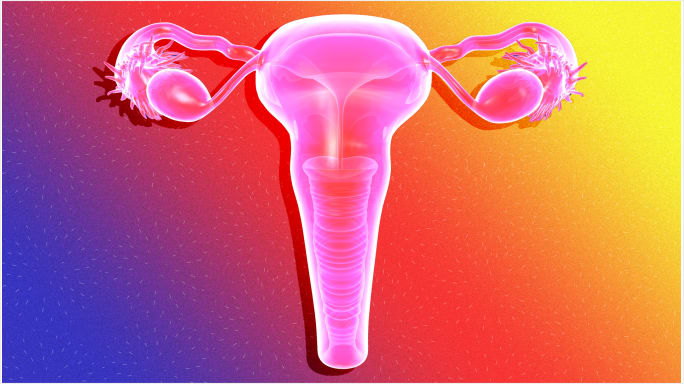A study has revealed a new prevention tool for miscarriages and birth defects: a vitamin.
Scientists are thrilled to discover two outcomes from one study at the Victor Chang Institute in Sydney. The “double breakthrough” found that taking Vitamin B3 while pregnant can prevent miscarriages and birth defects.
“It’s rare that you find a cause and a prevention in the same study. And the prevention is so simple, it’s a vitamin,” said Professor Sally Dunwoodie to BBC.
Approximately one in four pregnancies are miscarriages and 7.9 million babies are born with a birth defect worldwide.
The Vitamin B3, or niacin, is a water-soluble vitamin that can be found in meat, tuna fish, seeds, mushrooms, and various other common foods. In addition to pregnancy benefits, Vitamin B3 aids in other common health problems. The vitamin is important for the cardiovascular system and metabolism. It balances blood cholesterol and brain functions.
A deficiency of B3 can come in the form of fatigue, memory loss, depression, headache, diarrhea, and skin problems. According to Healthline, the recommended dose of B3 is 16 mg for men and 14 mg for women per day.
The researchers for the study looked at the DNA of four families who had suffered from miscarriages or birth defects. Certain defects included heart, kidney, vertebrae, and cleft palate problems. The findings found two genes that caused deficiencies in the Nicotinamide adenine dinucleotide (NAD) molecule which is vital for development and generation of organs.
A 2010 study found that women who did not use a multivitamin during pregnancy had low dietary intakes of folate, B3, riboflavin, B12, and vitamins A and E.
Professor Dunwoodie took the gene mutations and replicated them in a study on mice. She wanted to look into the reversal of this deficiency utilizing the vitamin B3 on pregnant mothers. By boosting NAD, miscarriages and birth defects can be completely prevented. She explained that, “It bypasses the genetic problem.”
She explains, “We’re not all the same in how we absorb nutrients,” which includes characteristics on body mass index and diabetes. However, the results are a beginning to understanding issues with pregnancy and mortality. Dunwoodie suggest that women take a pregnancy-specific multivitamin, where 18 milligrams of vitamin B3 is included in the capsule.
Nevertheless, this study doesn’t translate to all problems that pregnant women experience. While pregnant women may be deficient in vitamin B3, the doses utilized in the research were “10 times the recommended daily doses for supplementation in women,” explains Dr. Katie Morris, an expert at the University of Birmingham. Researchers are unaware of the side affects of high doses, which could create various other complications that are unknown as of now.
The breakthrough study does provide a better understanding of how scientists can advise potential parents. With 6 percent of babies, and 20 percent of pregnancies affected by birth defects and miscarriages worldwide, this could be a possible prevention in the near future.




comments